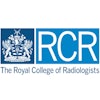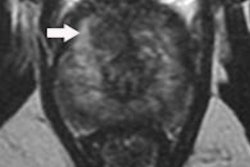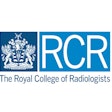More than two-thirds of patient organizations involved in assessing technology for use in the U.K. National Health System (NHS) receive funding from the makers or a competitor of that technology, according to a new study published on 17 January in the BMJ. However, less than 25% of these interests were known to decision-makers.
Researchers led by Dr. Kate Mandeville of the London School of Hygiene and Tropical Medicine assessed 53 patient organizations that contributed to 41 technology appraisals at the National Institute for Health and Care Excellence (NICE) in 2015 and 2016. These patient organizations contributed to assessments on 117 separate occasions.
The researchers then determined industry funding by reviewing manufacturers' declarations and accounts, annual reports, websites, and responses from patient organizations. Of the 53 patient organizations, 72% held specific interests such as funding from the manufacturers of a technology under appraisal or competitor products in the same year or year before that the patient organization contributed to the appraisal. Furthermore, specific interests were present on 92 (79%) of the 117 specific instances in which an organization contributed to appraisals, according to the BMJ.
However, NICE's committees were aware of only 30 (21%) of the 144 specific interests. In 62% of these cases, disclosure by patient organizations was not required by NICE's current policy, the researchers noted.
They called for stronger policy on disclosure and greater transparency from patient organizations and manufacturers to reassure the public that healthcare decisions are not unduly influenced by industry, according to a statement from the BMJ.



















